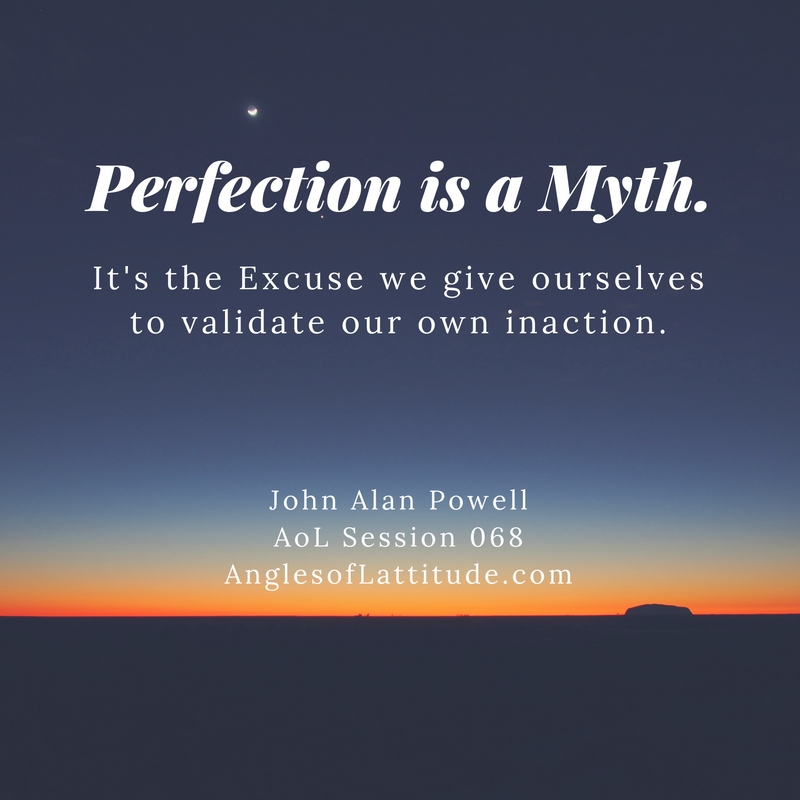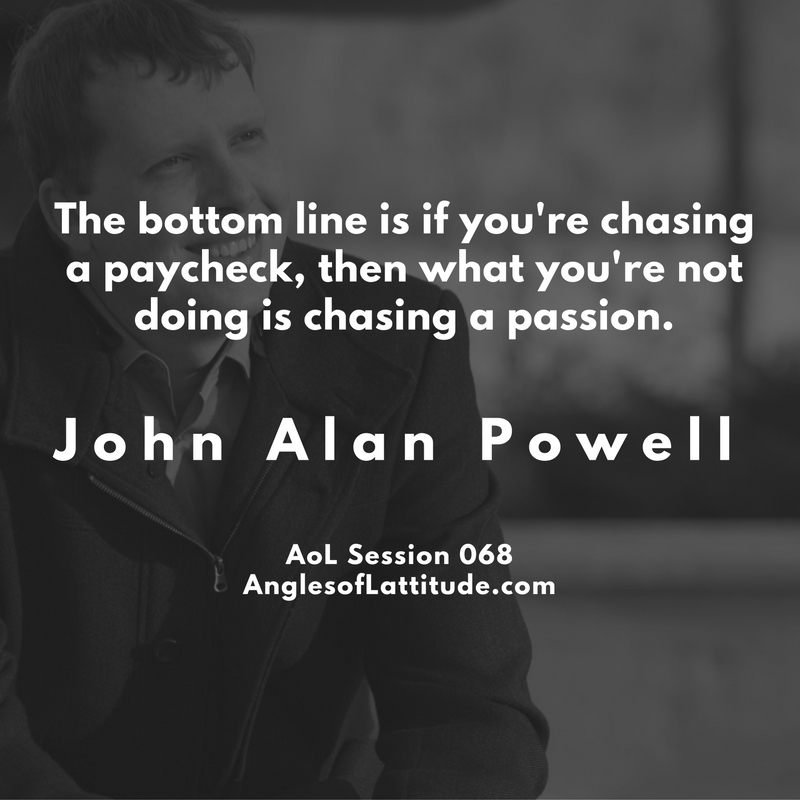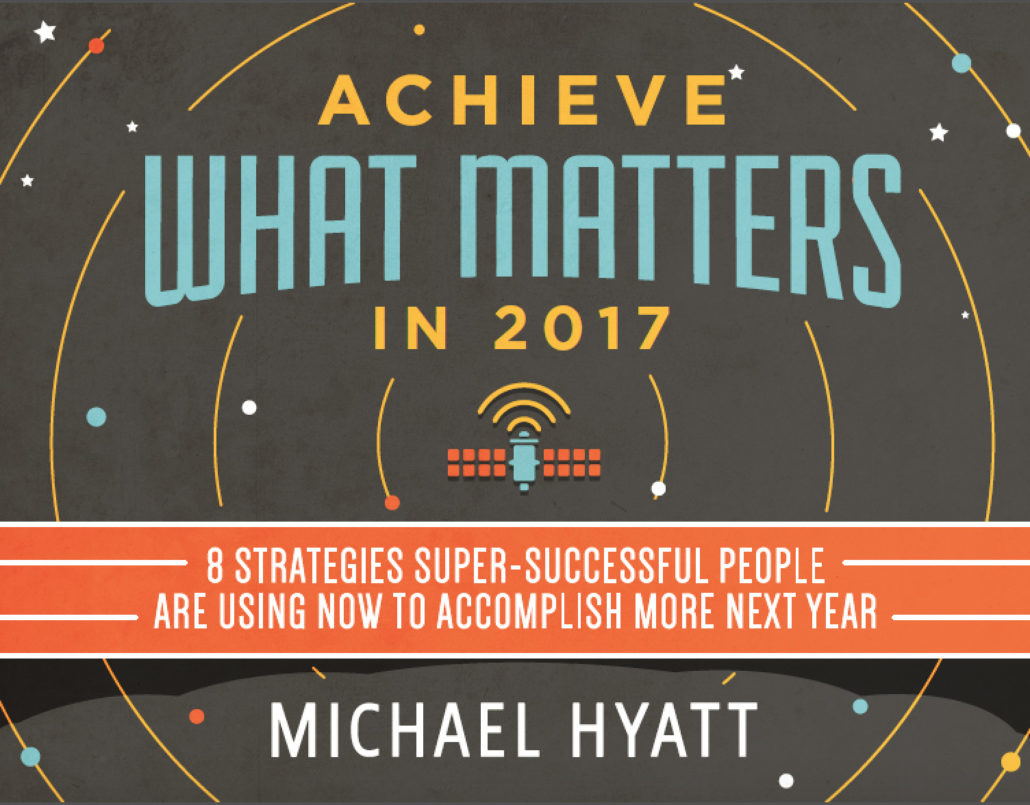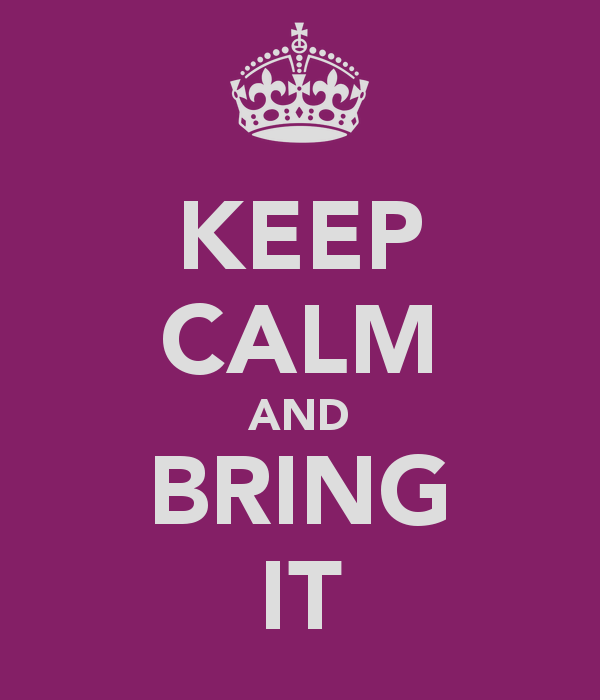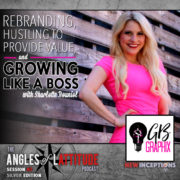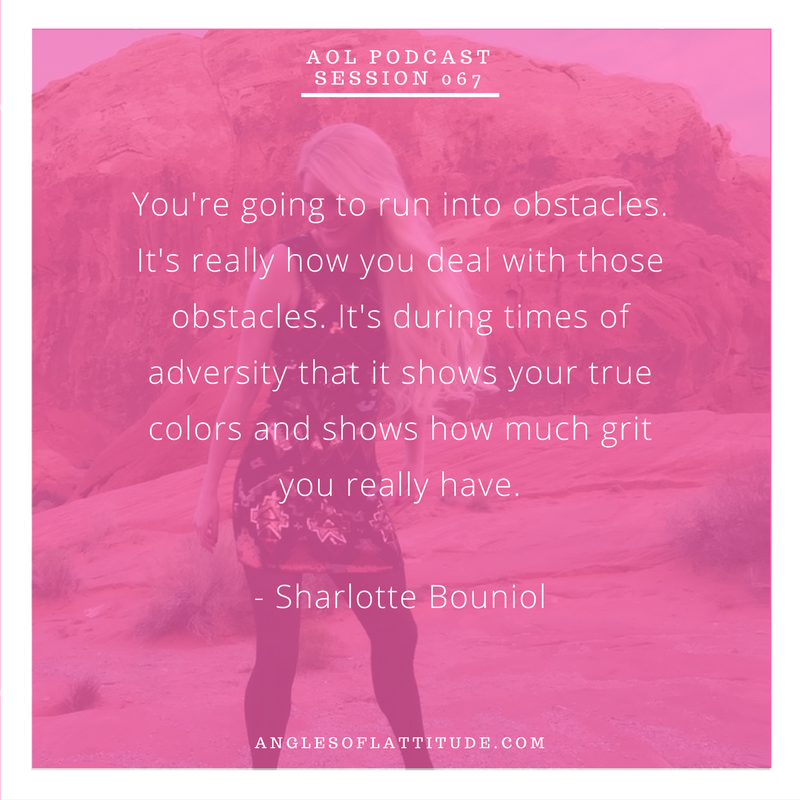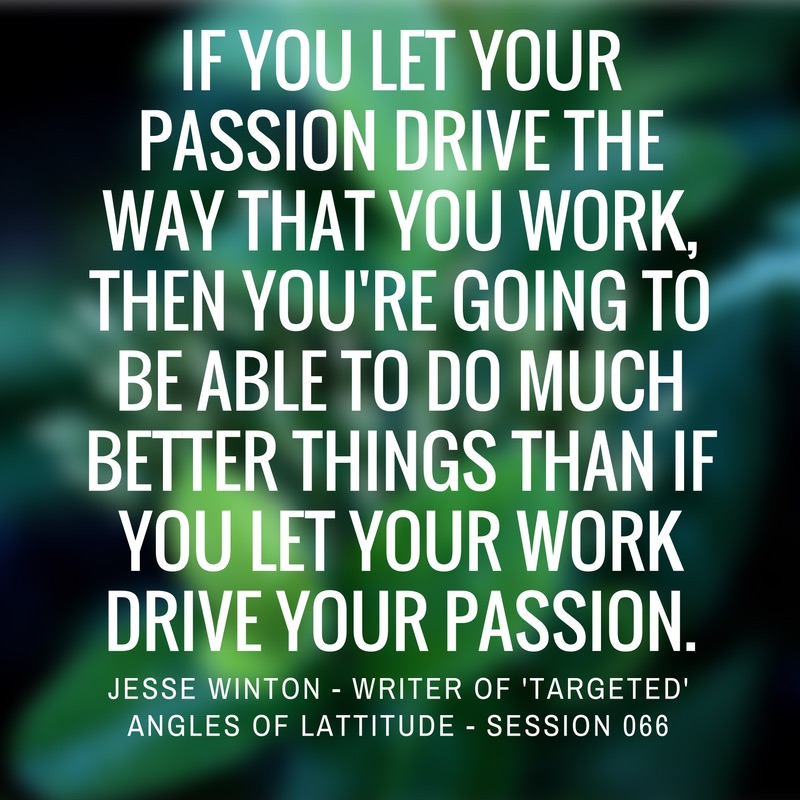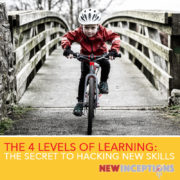The Entrepreneur vs Employee Mindset: How We Must Think Different
With the beginning of a New Year, comes new beginnings. One of my new beginnings that I’ll be starting is to write blog posts per month based on a particular theme. Not only will this help me curate material, but it will be a bit more organized for you guys.
I thought we’d start this month focusing on getting started and implementation of your new creation.
Using the Word Entrepreneur:
The first thing that we should focus on is that this: if you’re looking to create a lifestyle based on something you like to do and/or create, then you’re going to realize you are technically an entrepreneur.
The term entrepreneur simply means this:
a person who organizes and manages any enterprise, especially a business, usually with considerable initiative and risk.
Many folks get hung up on that word business.
That word has several meanings.
When I use it, I think of definition 1:
an occupation, profession, or trade
Or more to the point – what we’re more concerned about here at New Inceptions – definition 3:
a person, partnership, or corporation engaged in commerce, manufacturing, or a service; profit-seeking enterprise or concern.
So just to set one thing finally straight. If you are creating something and building a lifestyle from the fruits of that creation, then you are an entrepreneur. It might not be a startup entrepreneur, or you might be doing it on your own (which makes you a solopreneur), but you are an entrepreneur. Personally, I’m a lifestyle entrepreneur and really, I always have wanted to be one.
Entrepreneurs Think Different
Do you remember the ad campaign of Apple’s back in the 90’s? It was called “Think Different”. Here’s one of their ads:
That campaign gave me shivers. It just made me smile everytime I saw it. It still does.
The majority of the folks in those commercials were entrepreneurs.
Sure, you had people like Mahatma Gandhi and Albert Einstein in it – and while we don’t think of them as typical entrepreneurs, they were. They were what we call thought leaders. Which is one of the 10 archetypes of online business.
But how do they actually Think Different?
Differences in an Entrepreneur and Employee Mindset:
Most people in the world are employees if they’re not an entrepreneur. They have to make a living somehow, right?
And the truth is that you can be an employee at all levels – anywhere from a janitor to a scientist or government worker.
The same thing can be said about being an entrepreneur – from your neighborhood mechanic to your local startup business owner, all the way to your Steve Jobs and Elon Musk types of the world.
That said, each of the two groups thinks differently.
Here’s how:
Full Responsibility vs Limited Responsibility:
As a business owner, the buck stops with you. If anything goes wrong, it’s ultimately something you have to deal with. For example, if you have employees and your company doesn’t make as much as you would have liked, then you’ll pay them first and you get whatever is left.
On the other hand, if you have success, you’re going to be happier with it as the business is your baby. If you get a big client or land on a big show as a guest, you’re going to be happier about it than your employees might.
Emotion Scale:
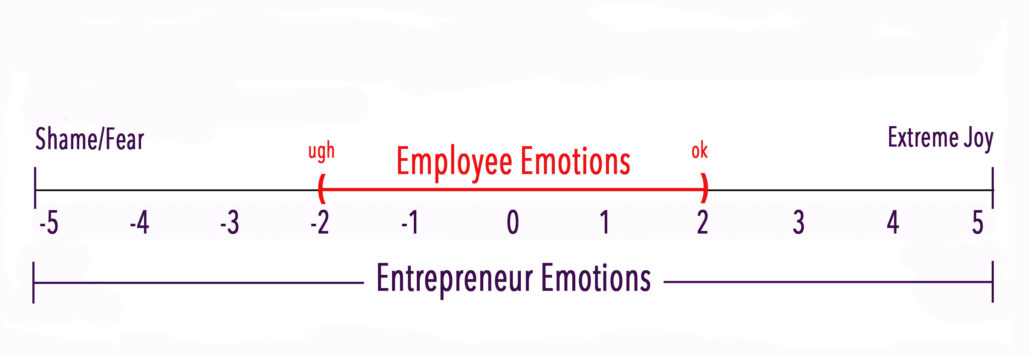
Taking responsibility into account, your emotions are going to be a bit more up and down as the business owner.
Keeping with the previous example, if you have employees and you won’t be able to pay them, you might feel really bad if you have to let some of them go. The more employees you have to let go, the worse you’re going to feel.
That said, if you’re suddenly interviewed by a big show host or get a big time client, you’re going to feel the high side of that emotion as well.
As an employee, your emotions don’t vary as much because your life isn’t going to change over time as much – even if you’re suddenly looking at having to get a new job. You’ll have unemployment income as you transfer – so it’s just a matter of getting that new job.
On the other hand, the greatest joy someone might have as an employee is the day they learn they got a new job.
Constant Uncertainty vs Constant Stability
As an entrepreneur, you’re constantly struggling to make sure you have money to cover your overhead and make profits to potentially build your company and pay yourself.
There’s ways to mitigate that struggle, but in the great scheme of things – your control of it is as likely as you controlling the weather.
Sure, you can plan for the market to act a certain way, but if there’s a sudden change in technology that makes your company obsolete or someone ends up doing something better than you do, then you’re going to have to figure out how to change course quickly.
Otherwise you’re going to go the way of Circuit City, Blockbuster, and other companies that are no longer around
On the employee side, your contract with your employer basically states that your wage stays the same no matter what. Well, I take that back. You might actually get a bonus. Point being is that you have a safety net.
Many people who have chosen to be an employee have done so because of this stability factor alone.
Value Economy vs Time Economy
The reason why Circuit City, Blockbuster, and other big companies have had to shrink is because they’re not valued by the market as much as they once were.
As an entrepreneur, this is the world you live in. You’re thinking about how you can bring more and more value to your audience and/or customers. You do this through selling better products and/or services. The more value you give, the more income you get.
As an employee, you’re not selling services or products – you’re selling yourself. You’re trading your actual time for money.
You only have so much time you can trade away so if you want more money as employee, the more of a specialist you want to be so there’s a need for your skills. That’s why it makes sense for those who want to be employees to go to college – especially if they want to focus in something that is in a STEM field.
Take Action
So now that you have this new perspective, think about it a bit before you jump into one or the other.
For me, I know I hate the idea of selling my time. I’d rather be paid by the job or by my value. Even when I had a job, I’d have a better work ethic than those around me and I often found myself being given more work to do. Not cool.
Also, I personally think that signing my income over to someone else is more risky than seeking my own income.
As I’ve mentioned before, working for one company for the rest of your life is a thing of the past. This is why I say people need to realize that it’s better for yourself to at least treat your career as a consultant would. That way when you’re forced to go to the next job, you’re not surprised.
For more information on this topic, you can listen to my conversation with Dr. Joe Albano here.




